












Photo © Tadzio
[+]Photo © Tadzio
[-]Photo © Tadzio
[+]Photo © Tadzio
[-]Photo © Tadzio
[+]Photo © Tadzio
[-]Photo © Tadzio
[+]Photo © Tadzio
[-]Photo © Tadzio
[+]Photo © Tadzio
[-]Photo © Tadzio
[+]Photo © Tadzio
[-]Photo © Tadzio
[+]Photo © Tadzio
[-]Photo © Tadzio
[+]Photo © Tadzio
[-]Photo © Tadzio
[+]Photo © Tadzio
[-]Photo © Tadzio
[+]Photo © Tadzio
[-]Photo © Tadzio
[+]Photo © Tadzio
[-]Photo © Tadzio
[+]Photo © Tadzio
[-]Photo © Tadzio
[+]Photo © Tadzio
[-]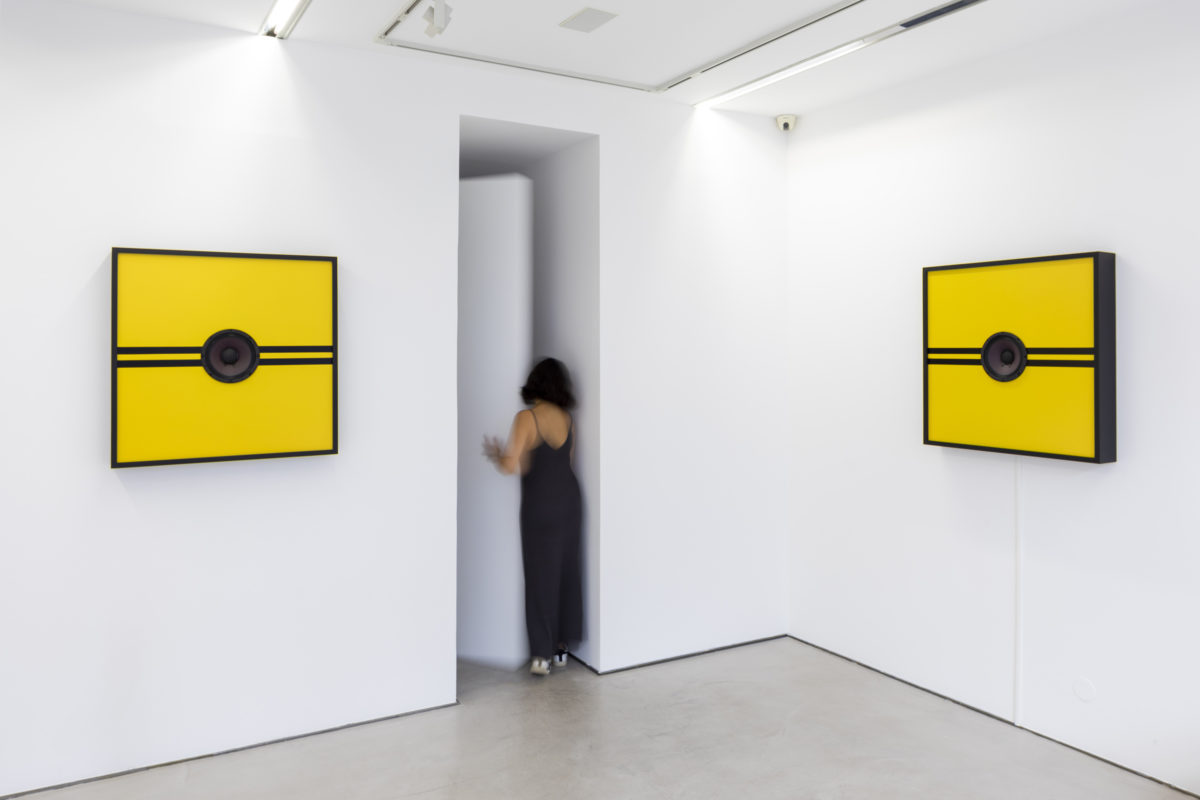
Photo © Tadzio
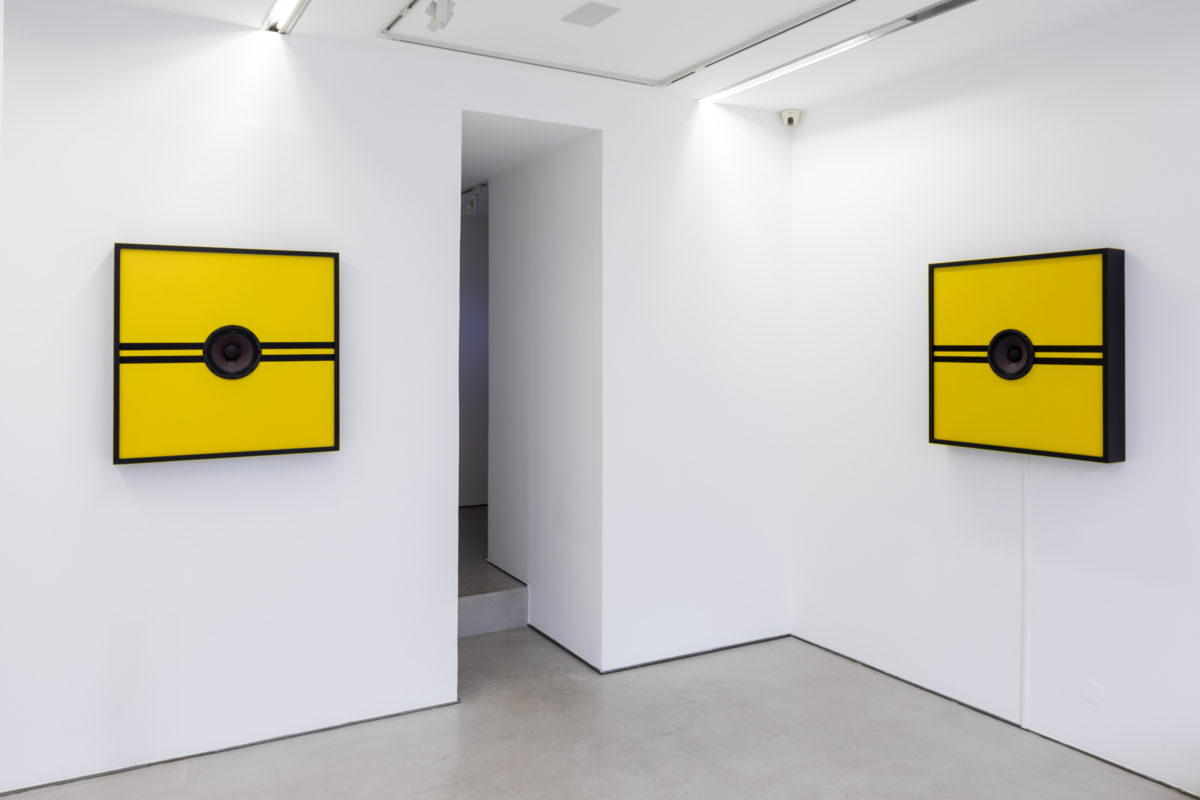
Photo © Tadzio
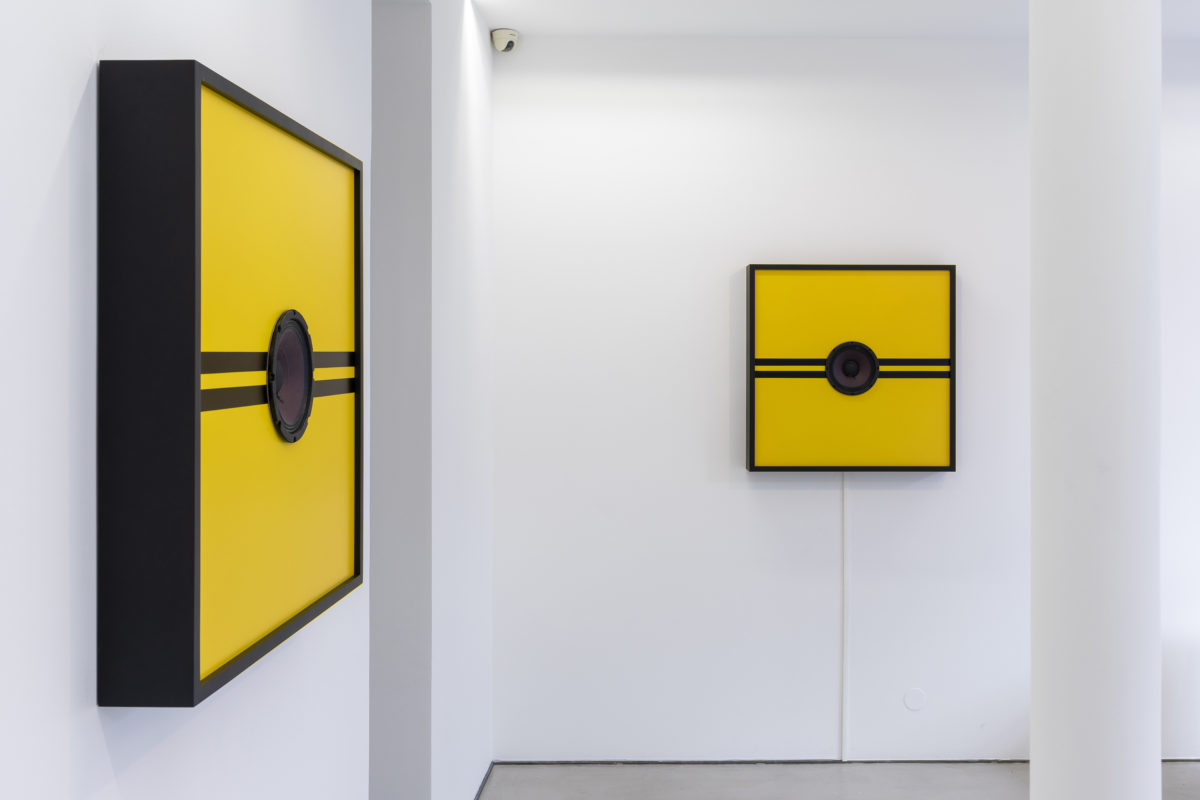
Photo © Tadzio
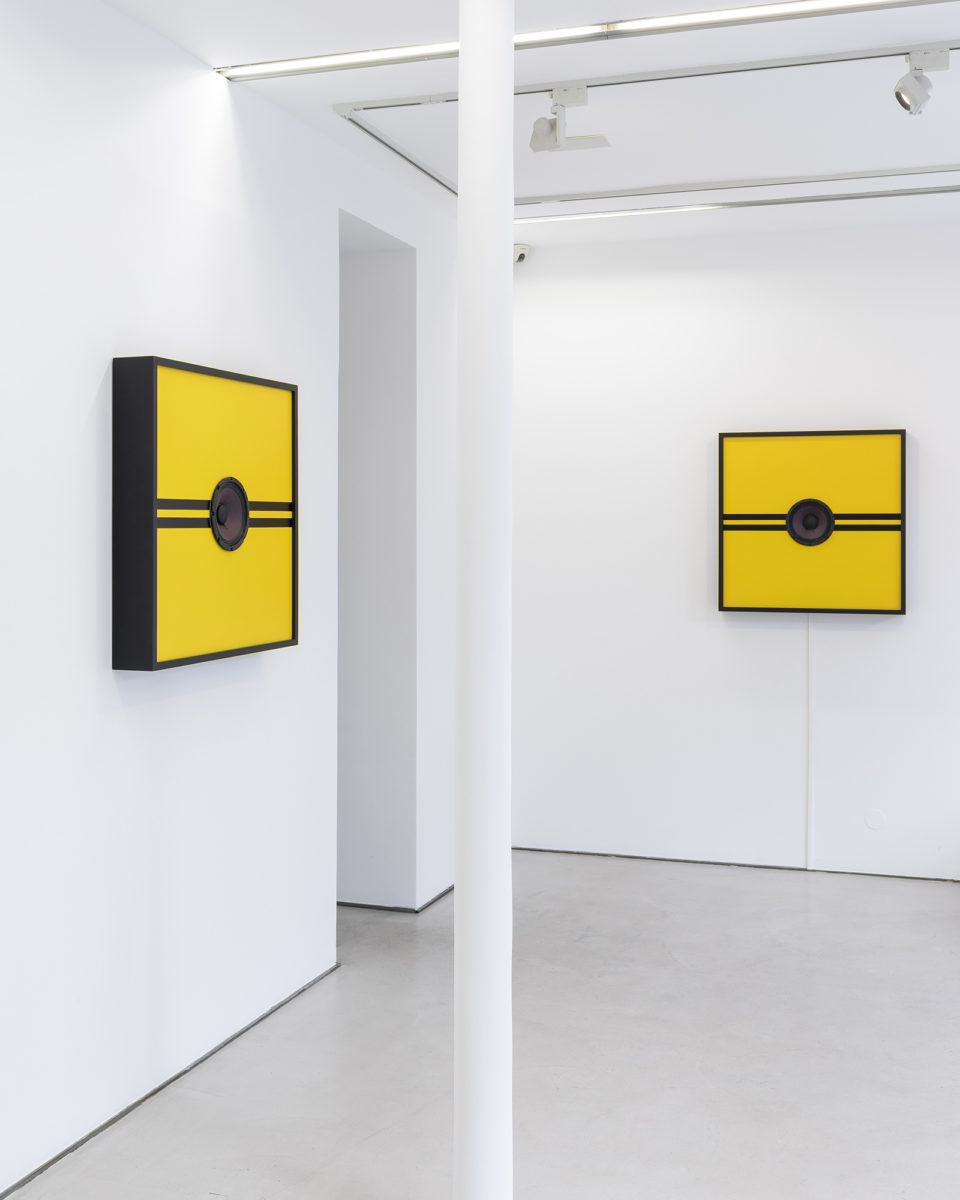
Photo © Tadzio
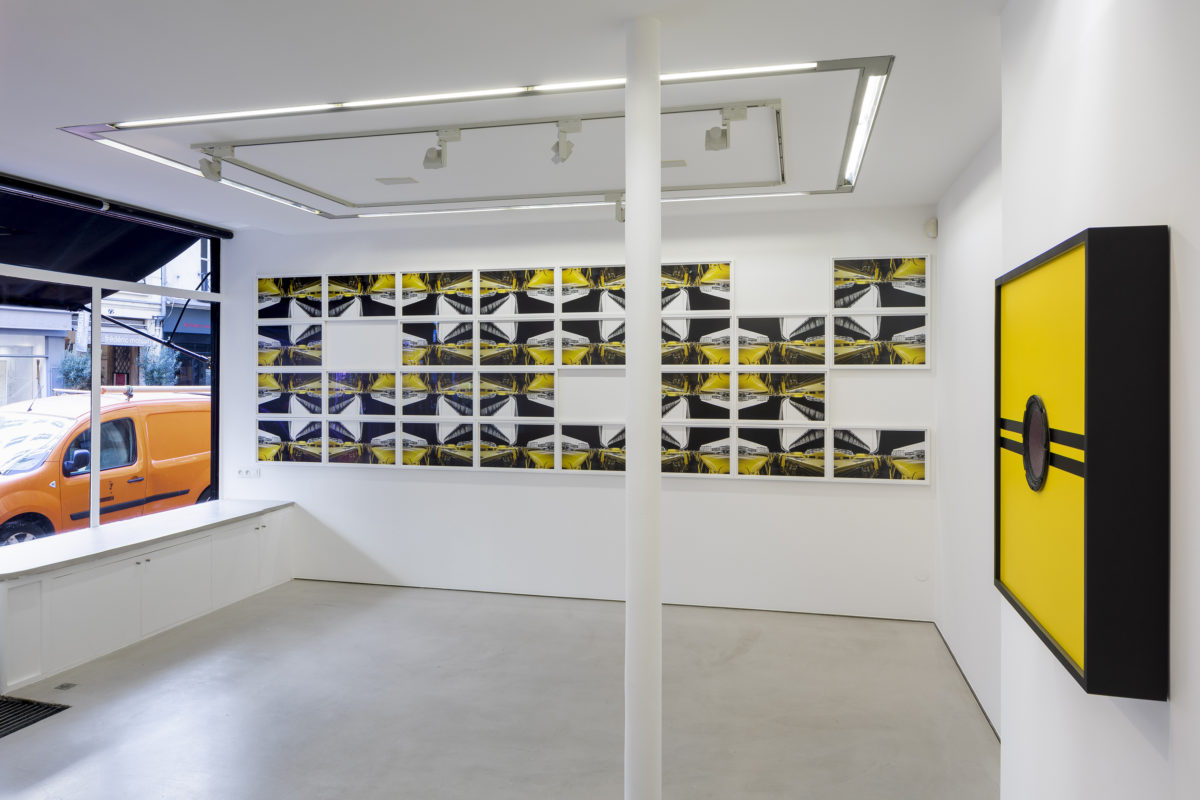
Photo © Tadzio
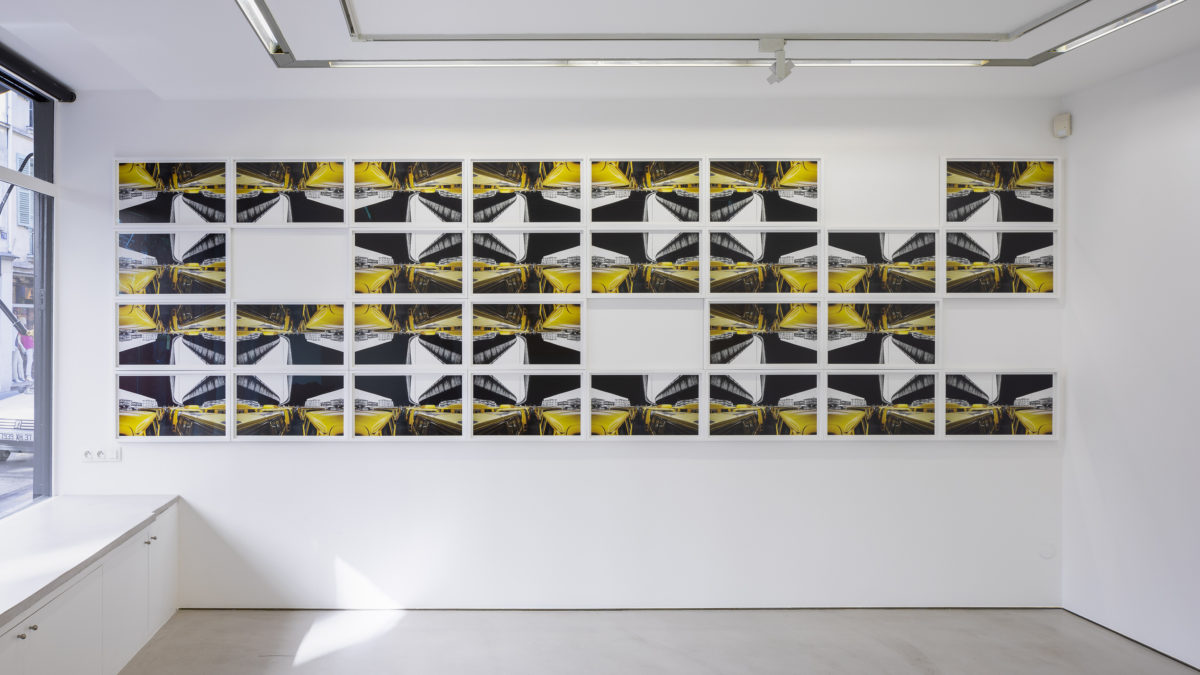
Photo © Tadzio
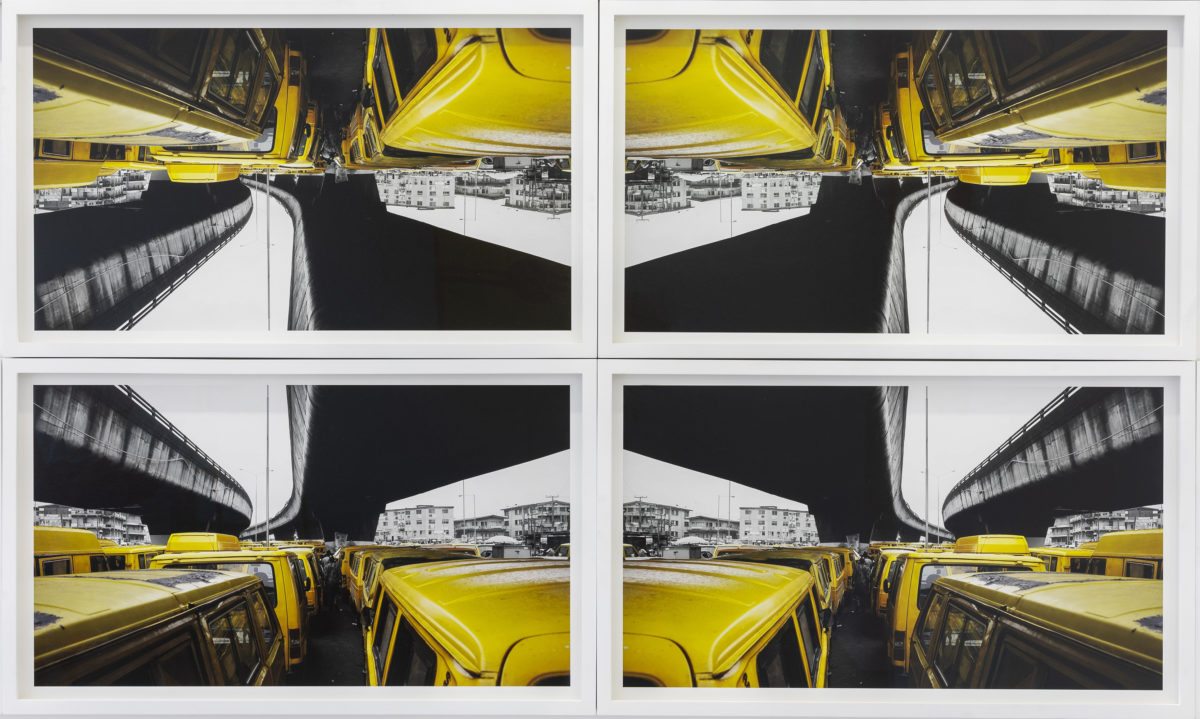
Photo © Tadzio
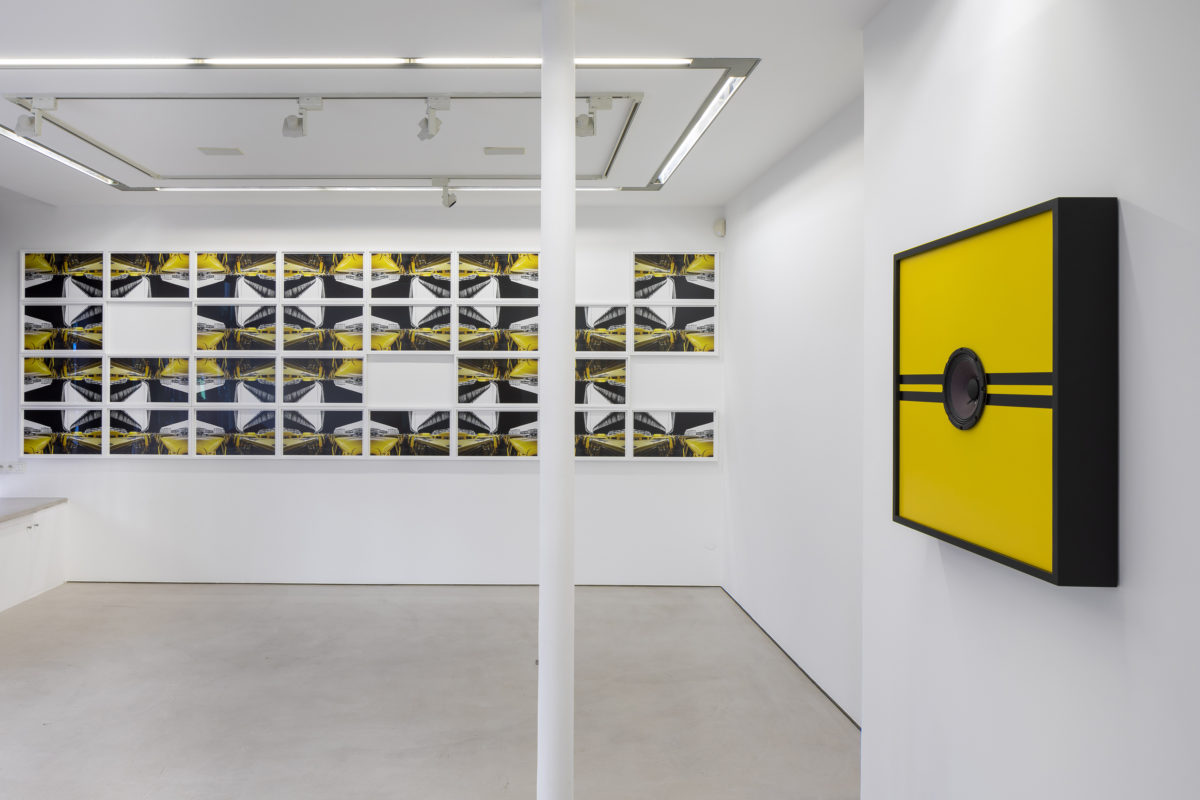
Photo © Tadzio
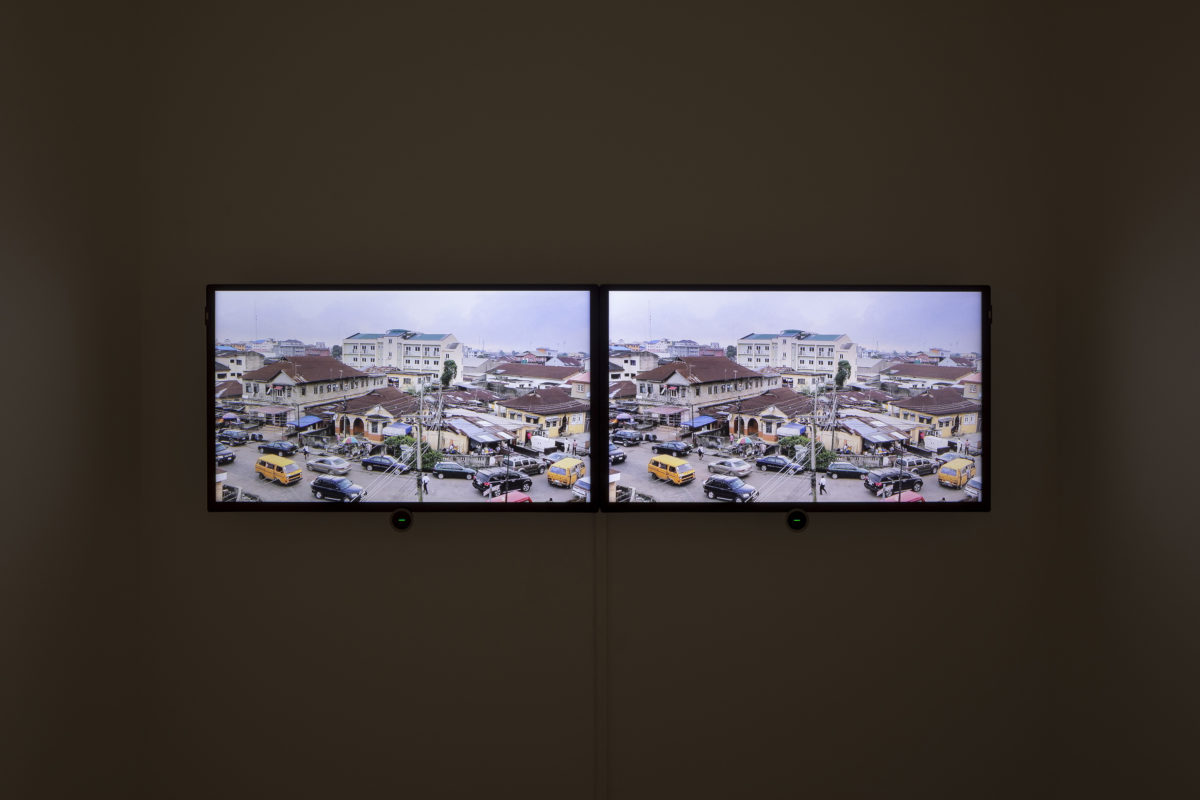
Photo © Tadzio
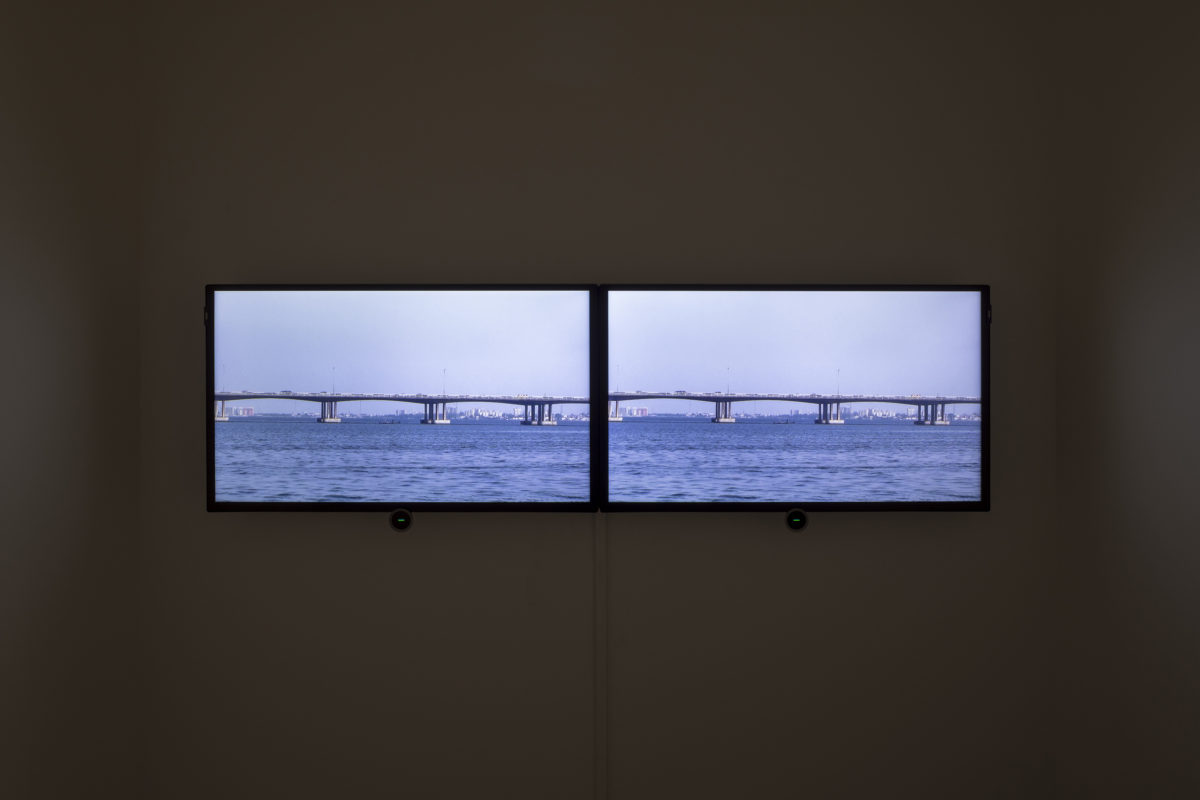
Photo © Tadzio
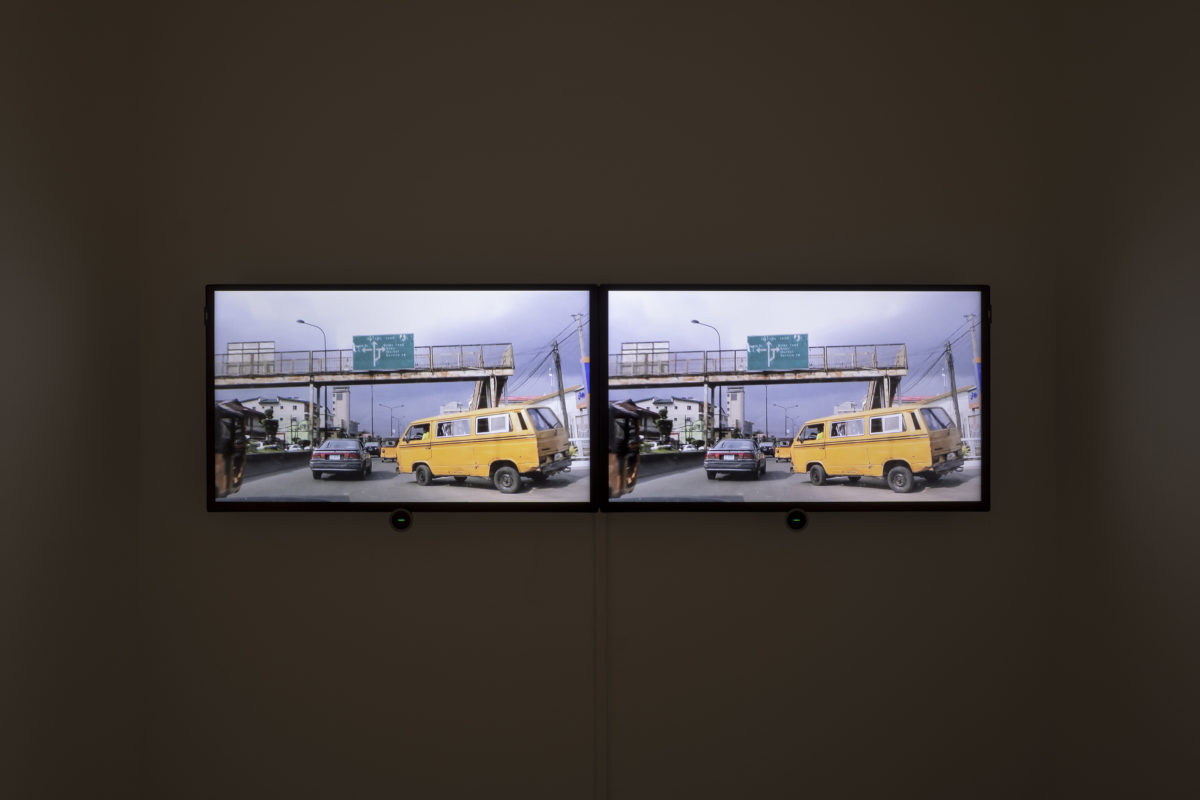
Photo © Tadzio
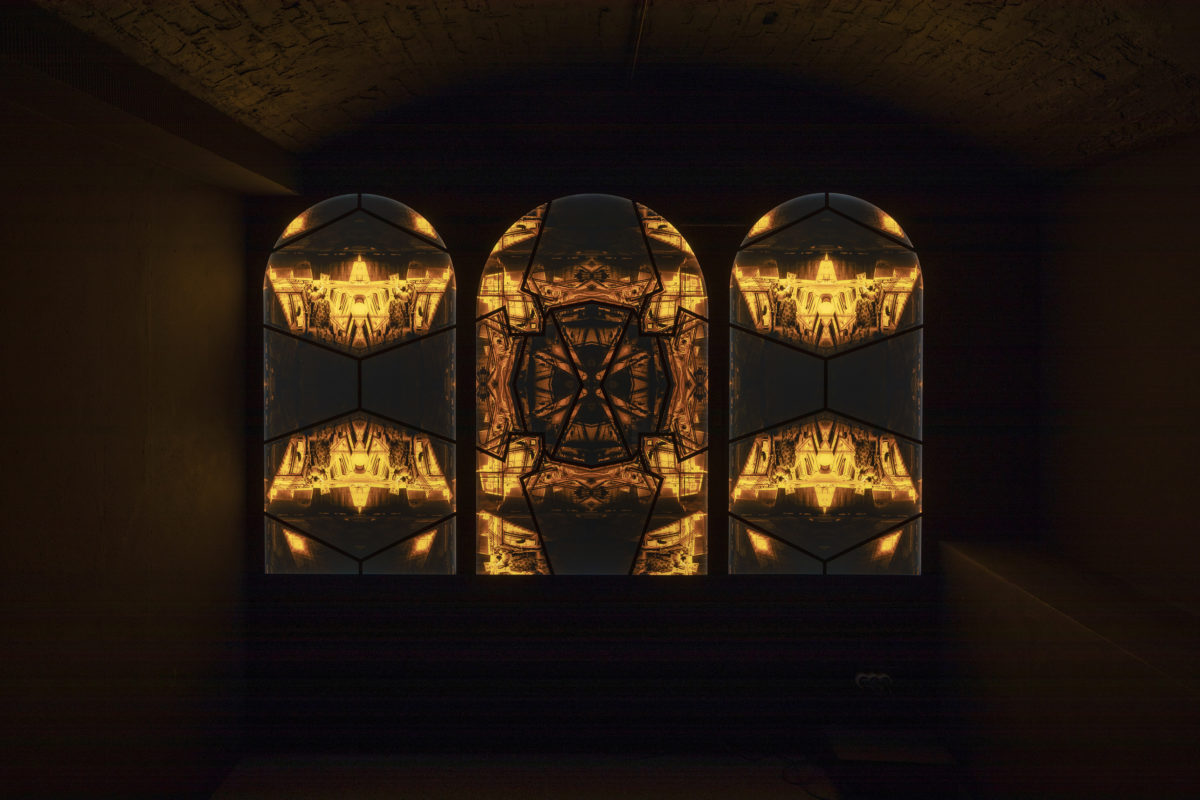
Photo © Tadzio
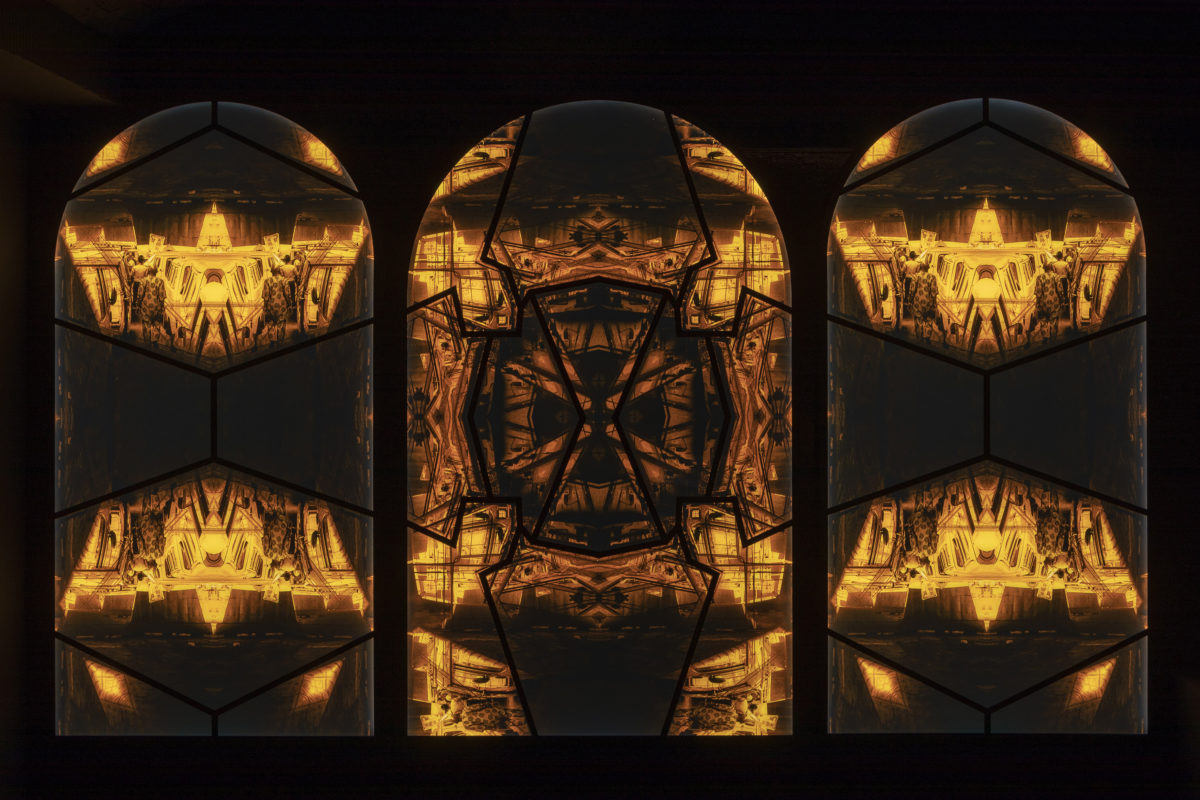
Photo © Tadzio
Emeka Ogboh: No Condition is Permanent
Curator: Ugochukwu-Smooth C. Nzewi
The exhibition Emeka Ogboh: No Condition is Permanent focuses on the artist Emeka Ogboh’s Lagos Soundscapes. The corpus of work reflects the history and modalities that have shaped the urban milieu of Lagos in particular, and the broader postcolonial reality in Nigeria. It is this idea that traditional and modern, archaic and new, local and foreign, international and transnational, and ultimately global, can co-exist even as the city continues to expand and evolve. His soundscapes experiments are the most detailed of Ogboh’s work till date and have been exhibited under various configurations; as stand-alone sound pieces; with minimalist components, or as installations with robust visual parts, and yet in other instances, as combinations of video and sound. No Condition is Permanent derives from a popular Nigerian wisecrack that describes the shifting nature of human conditions. This fitting aphorism reflects Ogboh’s expansive examination of Lagos during the last ten years, that coincides with the colossal infrastructural changes and socioeconomic development that the city-state, – which doubles as Nigeria’s economic nerve center – has witnessed in recent times.
Lagos has a rich and fascinating history. It began as a small pocket of islands surrounded by the lagoon that empties into the Atlantic Ocean when the Portuguese explorer Duarte Pachecho Pereira visited in 1485 and grew into a city-state by the eighteenth century on the strength of its commercial activity. First, it was a slaving port for the trans-Atlantic slave trade in the eighteenth century and subsequently became an important player in the global commodity trade from the nineteenth century onward. This spirit of mercantilism is the defining character of Lagos in popular imagination and is an undercurrent in Ogboh’s Lagos Soundscapes.
In 2008, when Ogboh began to work on Lagos, he was drawn to the ambient noise thathe encountered daily in the sprawling megalopolis. Lagos has been variously described as chaotic or under siege, yet hews to its internal logic. This logic is palpable in the way in which the seemingly dysfunctional city evinces recognizable patterns that once mastered, allow one to fully grasp how the avalanche of noises systematically composes the city and at the same time carries individual stories: the airy ambience of speeding cars as they blare their horns at different decibels;punctuated by conversations and hurrying footsteps. Bus conductors call out bus routes and terminals including “Oshodi Oke” and Race Course/CMS drop offs. An ambulant hawker shouts out “buy pure water” in mellifluous bursts. “Pidgin” English meets Yoruba in the haggling banters over the price of a snack. American Hip hop meets the raging Nigerian pop music. There is a certain sensation created by the erupting bedlam. For the familiar listener, the space is part of lived experience. This space is indexed in memory and surges alive just like the vehicles speeding past and blaring their horns. And, for the unfamiliar listener, imagination collides with an impression of reality. It is an urban image of a city on speed dial.
This is Lagos (2008), an immersive sound piece that was exhibited at the African Artists Foundation in upscale Ikoyi, on Lagos Island in February 2009, helped to establish the artist’s creative approach, his focus on the acoustic endowment of the urban environment, and his interest in cities as a critical space for understanding neoliberal modernity. In spite of being Ogboh’s first real sound work, This is Lagos’s brilliance is undeniable. It captures and frames the variety of noises that compose Lagos. The noises are distinct in themselves but meld seamlessly to offer us a way of digesting Lagos. It is these noises that become soundscapes highlighting Lagos in all its excess, its uniqueness; its vastness; its specific reality and realness. In addition, This is Lagos brings together the various sound-producing spaces – markets, bus terminals, side streets, etc., – from around Lagos that Ogboh would develop separately in latter works. What is perhaps striking is that Ogboh created This is Lagos while a novice, a work that helped to establish him as the pioneer sound artist from Nigeria and one of the firsts in Africa.
In Lagos Soundscapes, Ogboh imagines the city through its acoustics; taking into account its rich history of cosmopolitanism and mercantilism; the tenor of its present aspiration to first-world status; and at times a bold imagining of its future, one that is uniquely global but retains the rich past. In these sounds recorded in public spaces that serve as interface of collective and subjective experiences, Ogboh displaces the primacy of sight in experiencing and understanding Lagos. Parallel to sound experiments, he has addressed Lagos’s chaotic kaleidoscope with a range of mediums including video and photography.
Consequently, Emeka Ogboh: No Condition is Permanent brings together a corpus of work that includes ambient sound recordings, sound portraits, stained glass light boxes, photograph and video installations, all centered on Ogboh’s Lagos Soundscapes project. It also includes Ogboh’s first music album inspired by Lagos soundscapes and influenced by the electronic music scene of Berlin, where he is also domiciled. The present works are experimental and detail Ogboh’s current approach to Lagos. In the past, Lagos Soundscapes were presented as raw recordings, that is to say, in their pure form. Ogboh began to live between Lagos and Berlin in 2015. This has had a tremendous impact on his work. His presentation of Lagos Soundscapes has departed from the raw and disorganized sound in favor of composed sounds and well-crafted orchestrations, highlighting as it were, the inevitability of change, the impermanence that has continually defined and re-defined Lagos, and of course, the artist’s current condition of in-betweeness. More importantly, he created the present works drawing from his archives (previous recordings stored in hard drives) rather than with fresh recordings. This afforded him a critical distance and the attendant retrospection and intuition to challenge his imagination and visual capacity. In all the works in the exhibition, Lagos is realized from the outside and as little vignettes of inspiration instead of as a massive sound bedlam.
— Ugochukwu-Smooth C. Nzewi